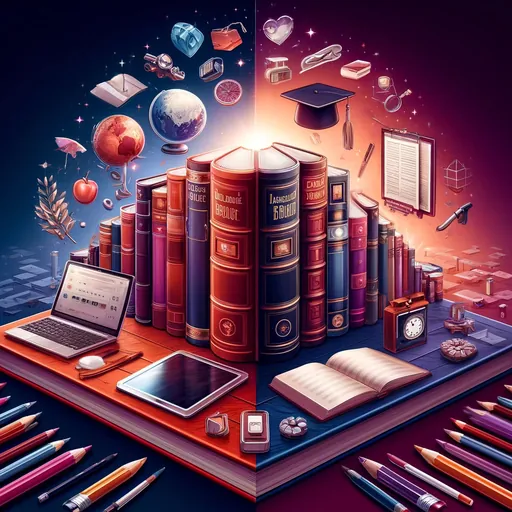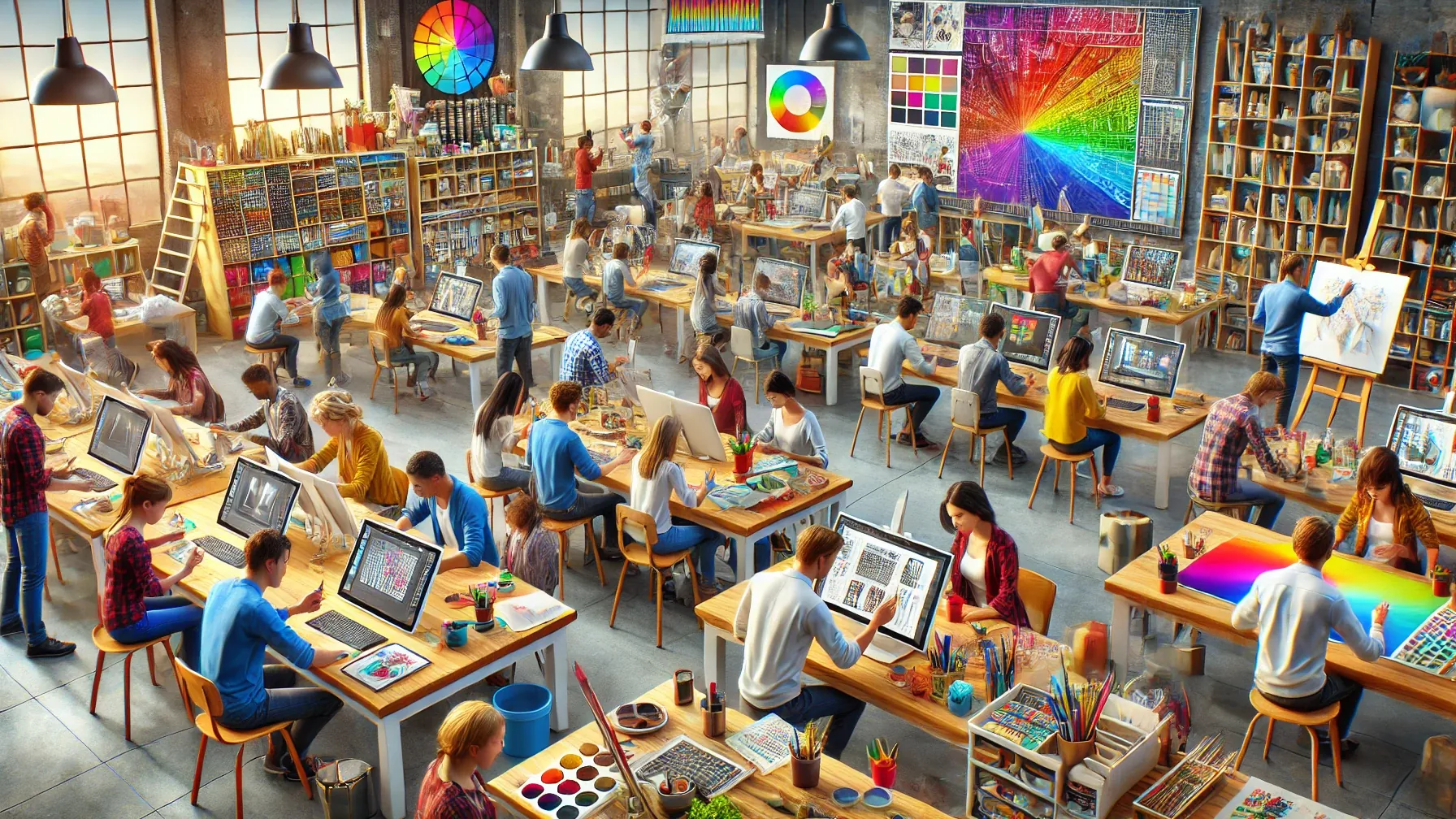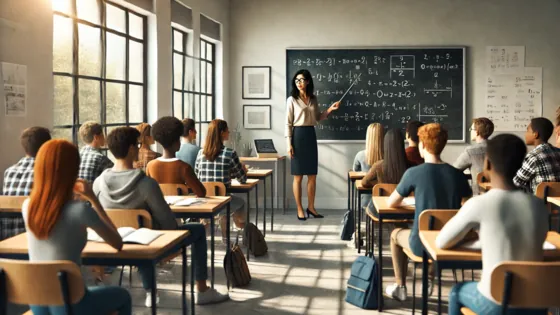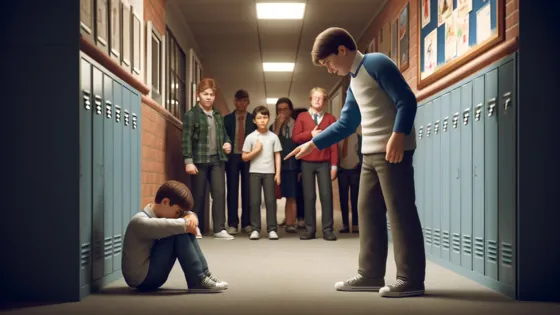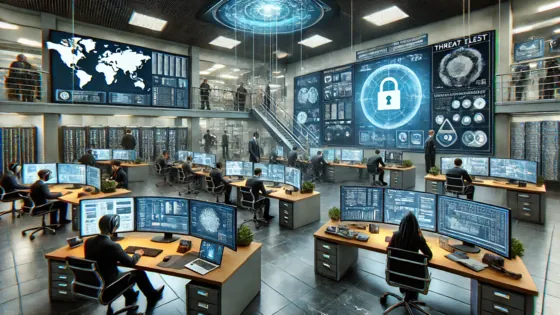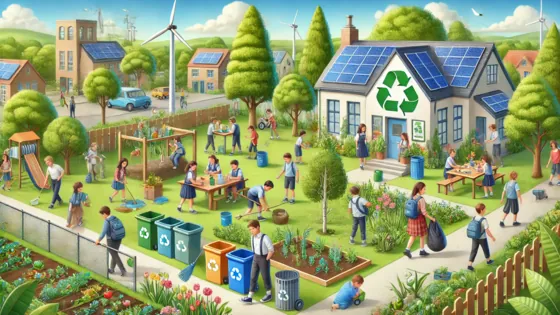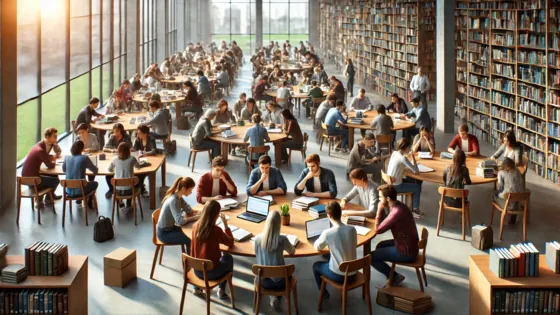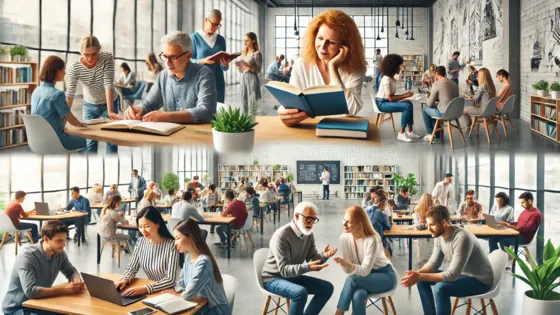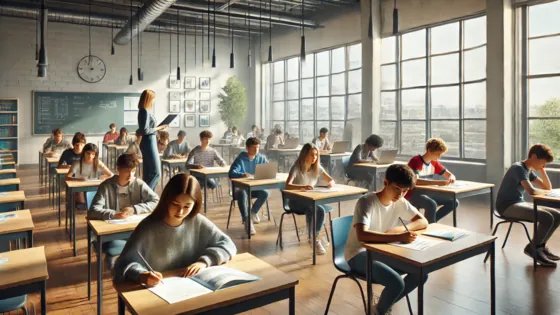Creativity occupies a fundamental role in contemporary education and professional pursuits, acting as a catalyst for innovation and problem-solving. The capacity to think outside conventional parameters and devise inventive solutions is progressively esteemed. Educational programs specifically designed to cultivate creative abilities are instrumental in developing this skill among both students and adults in diverse disciplines.
Educational Strategies to Enhance Creativity
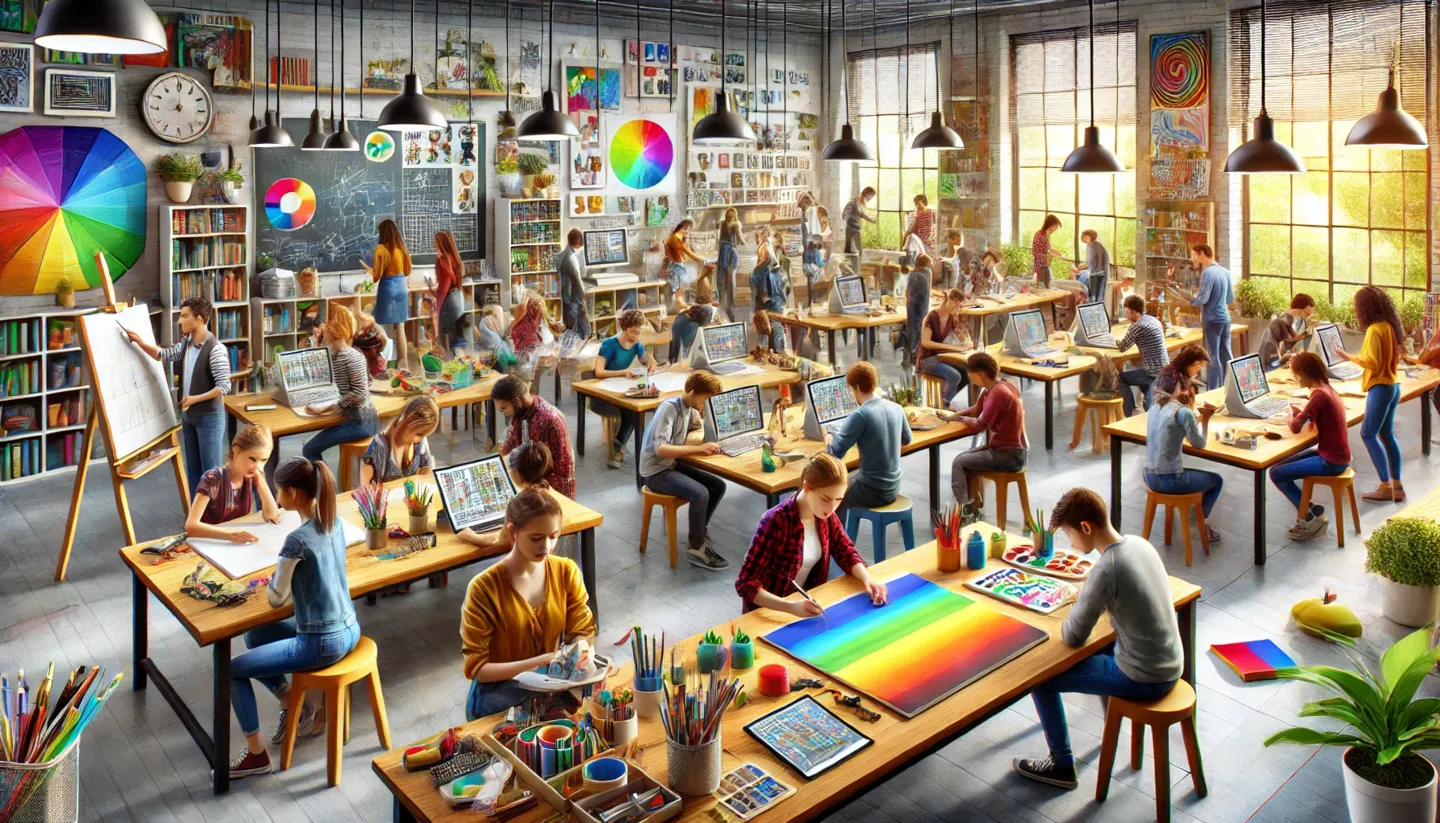
The enhancement of creativity is crucial in the context of modern education. Today's dynamic world requires individuals not just to absorb facts but to also possess the capability to analyze, innovate, and resolve complex challenges. Educational methodologies aimed at stimulating creativity are thus becoming increasingly sought after. This detailed examination will cover several pivotal strategies that aid in nurturing the creative faculties of students.
- Encouraging the Acceptance of Mistakes as Learning Opportunities: One of the most effective educational strategies for fostering creativity is the creation of a nurturing environment where students are encouraged to experiment and embrace mistakes. It is essential to educate students to perceive mistakes as opportunities for enhancement and growth, rather than as setbacks. This approach not only builds resilience but also bolsters confidence and promotes an inclination towards innovative thinking.
- Stimulating Imagination Through Varied Inspirational Sources: To foster creativity, it is crucial to motivate students to seek inspiration from a myriad of sources. Activities such as engaging with art, delving into literature, debating contemporary issues, or even leisurely outdoor walks can significantly widen one's horizons and spark imaginative thinking. These activities help in expanding one’s intellectual boundaries and contribute to the enhancement of creative capacities.
- Promotion of Expressive Self-Realization: Educational programs should integrate components that facilitate the expression of individual thoughts and ideas. This could involve writing essays, developing projects, engaging in discussions, or undertaking research initiatives. Providing ample opportunities for expressive self-realization allows students to deepen their creative thinking and builds confidence in their creative abilities.
- Fostering Collaboration and the Exchange of Ideas: Given the global shift towards teamwork, it is imperative to teach students the art of collaboration and idea-sharing. Working in groups exposes students to diverse perspectives, fosters respect for different viewpoints, and can lead to the discovery of innovative solutions through the synergy of collective intellectual effort.
Case Studies of Successful Educational Programs

The educational landscape is replete with examples of successful programs that serve as benchmarks for effective educational practices. From cutting-edge methodologies to collaborative and interactive programs, these examples inspire educators seeking to refine the educational process. This section will discuss several successful initiatives and identify the key elements that contribute to their effectiveness.
- Support Program for Young Scientists: This initiative is designed to support budding scientists in the early stages of their careers by providing scholarships, mentorship, resource access, and opportunities to engage in research projects. The blend of financial support and active participation in scientific endeavors is a critical success factor for this program.
- Innovative Educational Practices: This program focuses on the integration of innovative practices within the educational process. It equips educators and administrators with the tools to learn new methodologies, implement them effectively, and evaluate their impact. The adaptability and flexibility of this program make it particularly effective in responding to the evolving educational needs and preferences of students.
- Global Education Initiatives: Another exemplar is a program that broadens educational horizons through international collaboration and student exchanges. This initiative allows students to explore foreign languages, cultures, and traditions, and participate in international exchanges and internships. The development of intercultural understanding and communication skills are significant advantages of this program.
The Influence of Technology on Creative Development
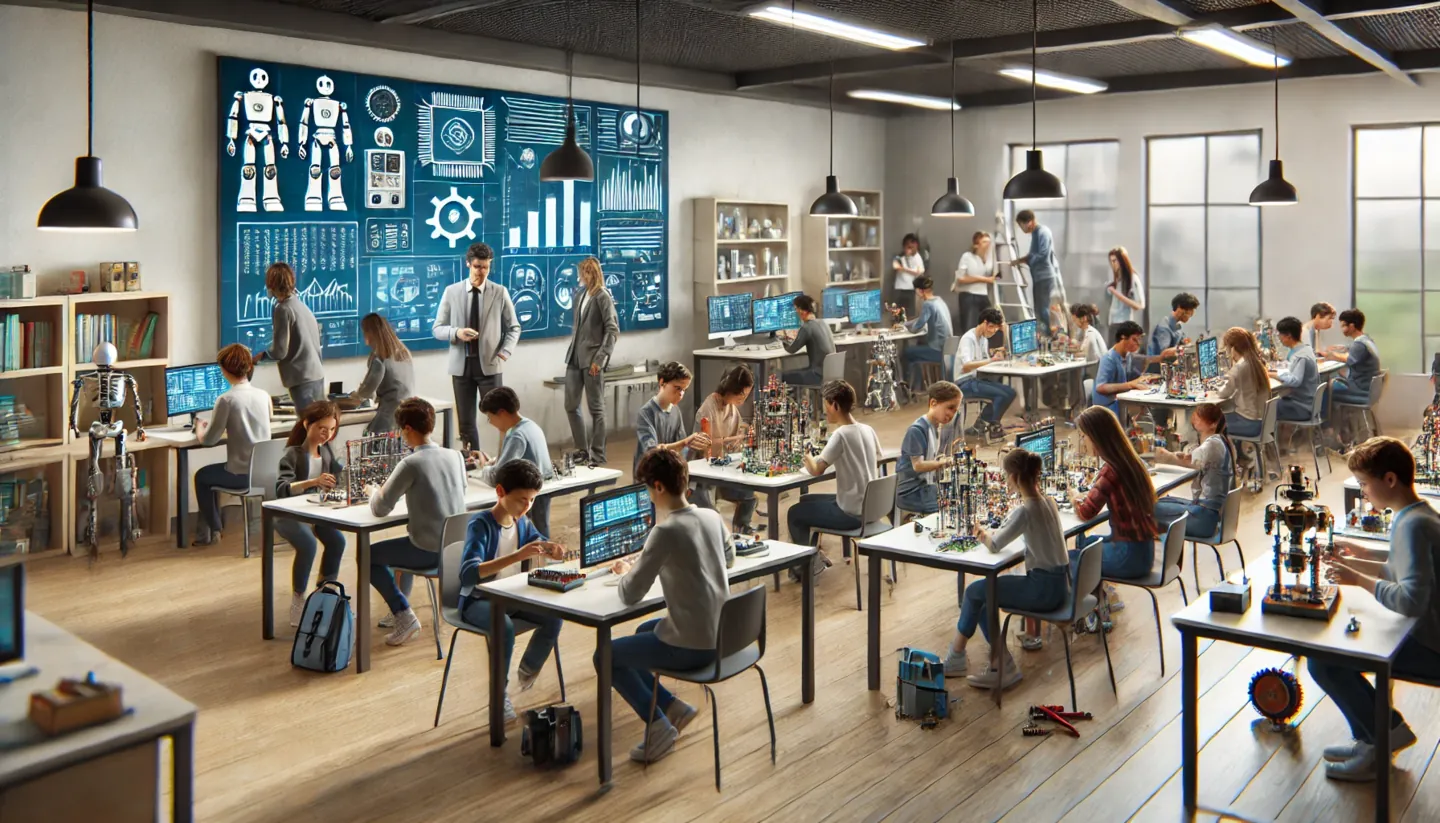
In today’s digital age, technology plays an increasingly vital role in various aspects of life, including education and personal development. This section explores how modern technologies impact the creative process and the opportunities they offer for enhancing creative skills.
- Visualization and Modeling Technologies: The advent of sophisticated computer programs and visualization tools enables students to transform their ideas into digital realities. These technologies allow for experimentation with various concepts, immediate visualization of results, and quick modifications, all of which are conducive to creative thinking and practical implementation of ideas.
- Interactive Educational Platforms: Modern educational platforms provide a plethora of interactive tools and tasks that foster creative thinking among students. These platforms may include challenging problem-solving tasks, creative project assignments, educational games, and more, all designed to stimulate creative thinking and encourage innovative problem-solving.
- Online Communities for Creative Exchange: The internet offers extensive opportunities for networking and collaboration with like-minded individuals globally. Online forums, blogs, and social networks serve as platforms where students can share ideas, receive feedback, and find inspiration from the work of others. This environment promotes creativity through a rich exchange of experiences and ideas.
- Personalized Learning Programs: Advanced technologies enable the creation of personalized learning experiences that cater to the unique needs and interests of each student. By allowing students to select tasks and projects that resonate with their personal passions and skills, these programs significantly enhance creative thinking.
Conclusion
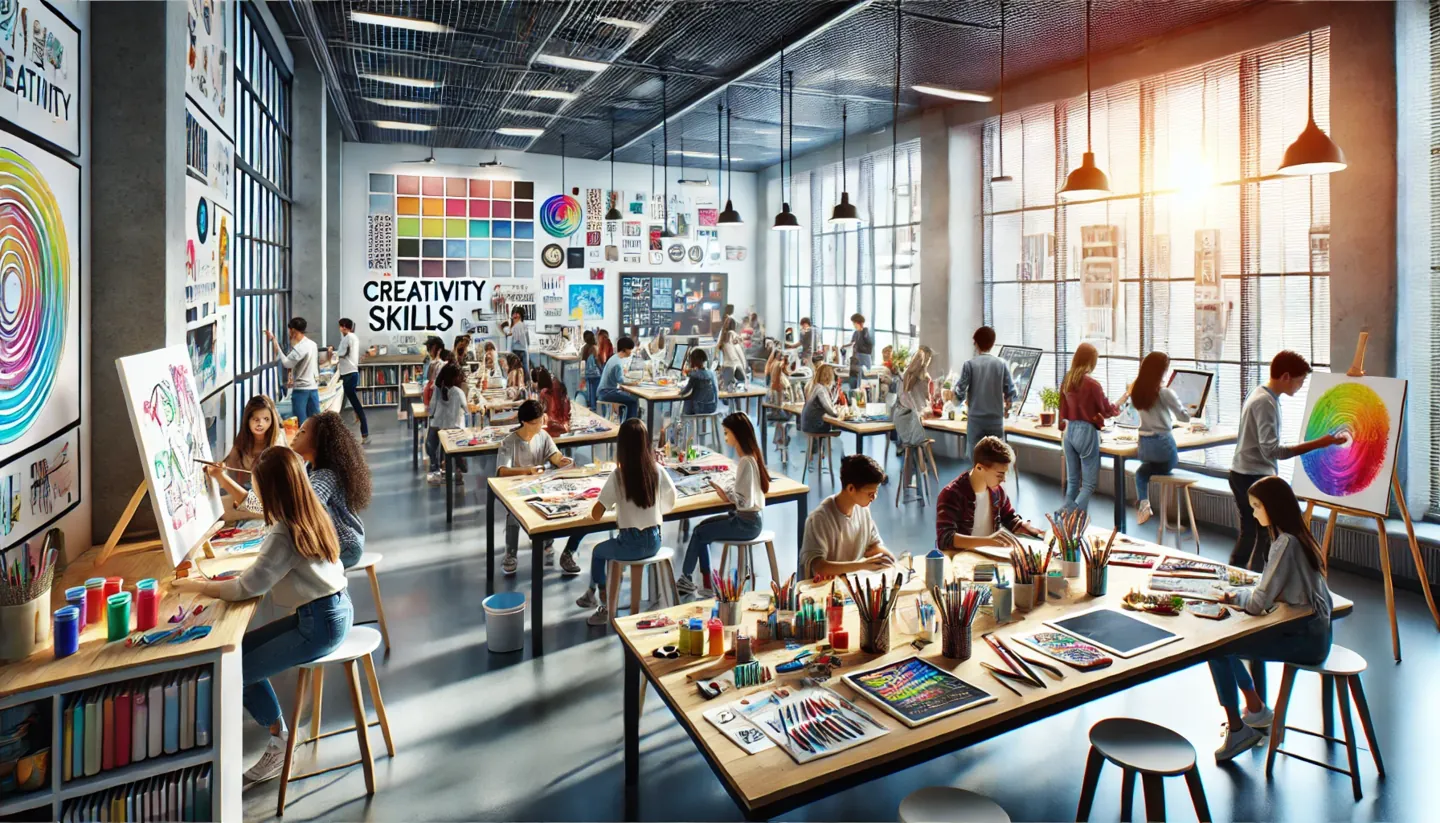
The development of creativity through targeted educational programs not only enriches the personal growth of individuals but also equips them for successful careers in a variety of fields. Creativity is an essential element of contemporary education, facilitating students' adaptation to the continually evolving global landscape.
